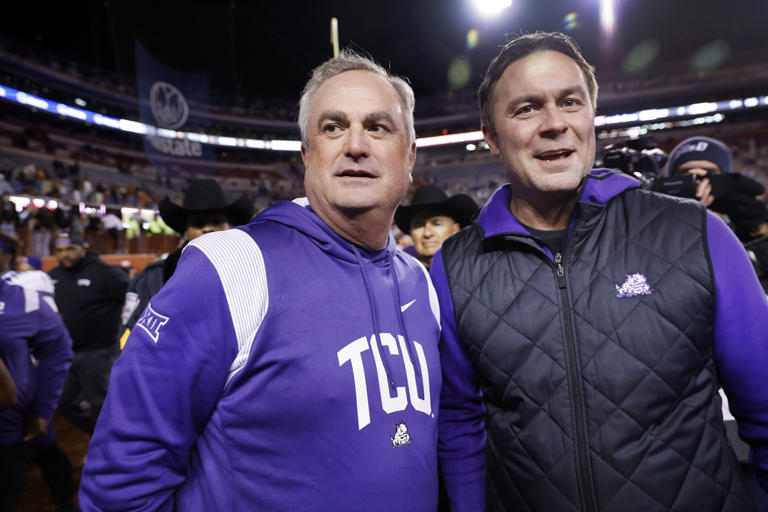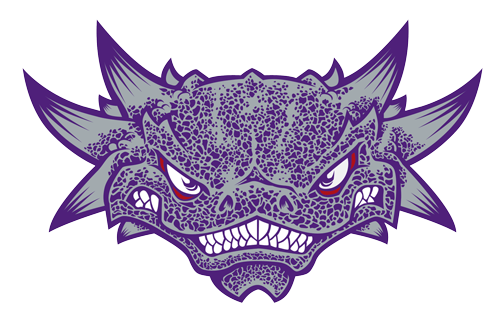You people are so frustrating. "Yeah, we need rules to regulate this NIL stuff, it's getting outa hand!"
Question: How about we make rules to restrict where you can work, set conditions about how you work and restrict your ability to work elsewhere?
"Hell no this is 'Merica! Free markets!"
Guess what: The players have been getting screwed for DECADES with the fiction of "amateurism" being used to keep players powerless. Finally they are being treated like every other worker, and you people can't handle it. Well, TOUGH!
Steel could keep lecturing but can't say it better than Justice Kavanaugh in his concurring opinion in NCAA v. Alston -- and note, for those of you who like to say the kids are adequately compensated by getting a free education, the NCAA itself agrees that the kids are not paid market compensation (emphasis supplied by Steel):
"The NCAA acknowledges that it controls the market for college athletes. The NCAA concedes that its compensation rules set the price of student athlete labor at a below-market rate. And the NCAA recognizes that student athletes currently have no meaningful ability to negotiate with the NCAA over the compensation rules. The NCAA nonetheless asserts that its compensation rules are procompetitive because those rules help define the product of college sports. Specifically, the NCAA says that colleges may decline to pay student athletes because the defining feature of college sports, according to the NCAA, is that the student athletes are not paid. In my view, that argument is circular and unpersuasive. The NCAA couches its arguments for not paying student athletes in innocuous labels. But the labels cannot disguise the reality: The NCAA’s business model would be flatly illegal in almost any other industry in America. All of the restaurants in a region cannot come together to cut cooks’ wages on the theory that “customers prefer” to eat food from low-paid cooks. Law firms cannot conspire to cabin lawyers’ salaries in the name of providing legal services out of a “love of the law.” Hospitals cannot agree to cap nurses’ income in order to create a “purer” form of helping the sick. News organizations cannot join forces to curtail pay to reporters to preserve a “tradition” of public-minded journalism. Movie studios cannot collude to slash benefits to camera crews to kindle a “spirit of amateurism” in Hollywood. Price-fixing labor is price-fixing labor. ... Businesses like the NCAA cannot avoid the consequences of price-fixing labor by incorporating price-fixed labor into the definition of the product. Or to put it in more doctrinal terms, a monopsony cannot launder its price-fixing of labor by calling it product definition. The bottom line is that the NCAA and its member colleges are suppressing the pay of student athletes who collectively generate billions of dollars in revenues for colleges every year. Those enormous sums of money flow to seemingly everyone except the student athletes. College presidents, athletic directors, coaches, conference commissioners, and NCAA executives take in six- and seven-figure salaries. Colleges build lavish new facilities. But the student athletes who generate the revenues, many of whom are African American and from lower-income backgrounds, end up with little or nothing. ... Of course, those difficult questions could be resolved in ways other than litigation. Legislation would be one option. Or colleges and student athletes could potentially engage in collective bargaining (or seek some other negotiated agreement) to provide student athletes a fairer share of the revenues that they generate for their colleges, akin to how professional football and basketball players have negotiated for a share of league revenues. ... To be sure, the NCAA and its member colleges maintain important traditions that have become part of the fabric of America—game days in Tuscaloosa and South Bend; the packed gyms in Storrs and Durham; the women’s and men’s lacrosse championships on Memorial Day weekend; track and field meets in Eugene; the spring softball and baseball World Series in Oklahoma City and Omaha; the list goes on. But those traditions alone cannot justify the NCAA’s decision to build a massive money-raising enterprise on the backs of student athletes who are not fairly compensated. Nowhere else in America can businesses get away with agreeing not to pay their workers a fair market rate on the theory that their product is defined by not paying their workers a fair market rate. And under ordinary principles of antitrust law, it is not evident why college sports should be any different. The NCAA is not above the law. "




